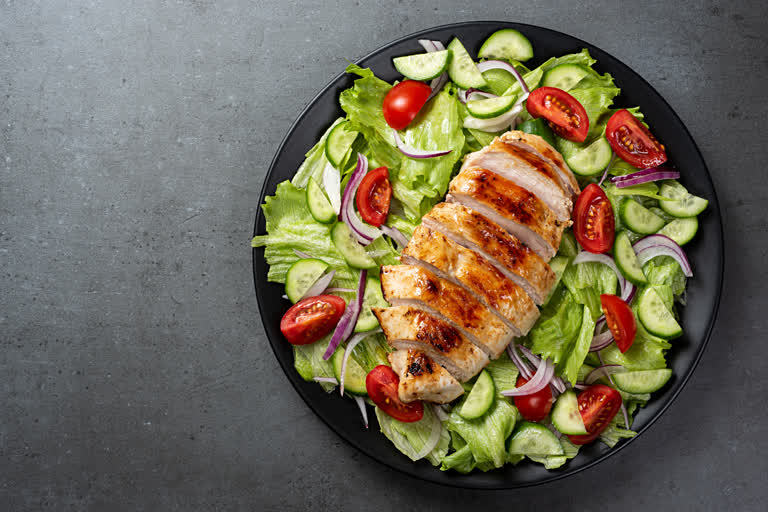A low carb diet is a great way to manage blood sugar levels and may also prevent some effects of diabetes such as heart disease and weight gain. When one consumes foods that are high in carbohydrates, the body breaks those carbs down into glucose, which then raises the level of glucose in the blood. Carbohydrates have the greatest effect when it comes to raising blood sugar levels, requiring the body to produce or take more insulin to digest them. Reducing carb intake can help regulate blood glucose. One should not completely cut off carbs as it may lead to vitamin and mineral deficiencies. Research has shown that people with diabetes experience long term improvements in managing blood sugar while eating a low carb diet.
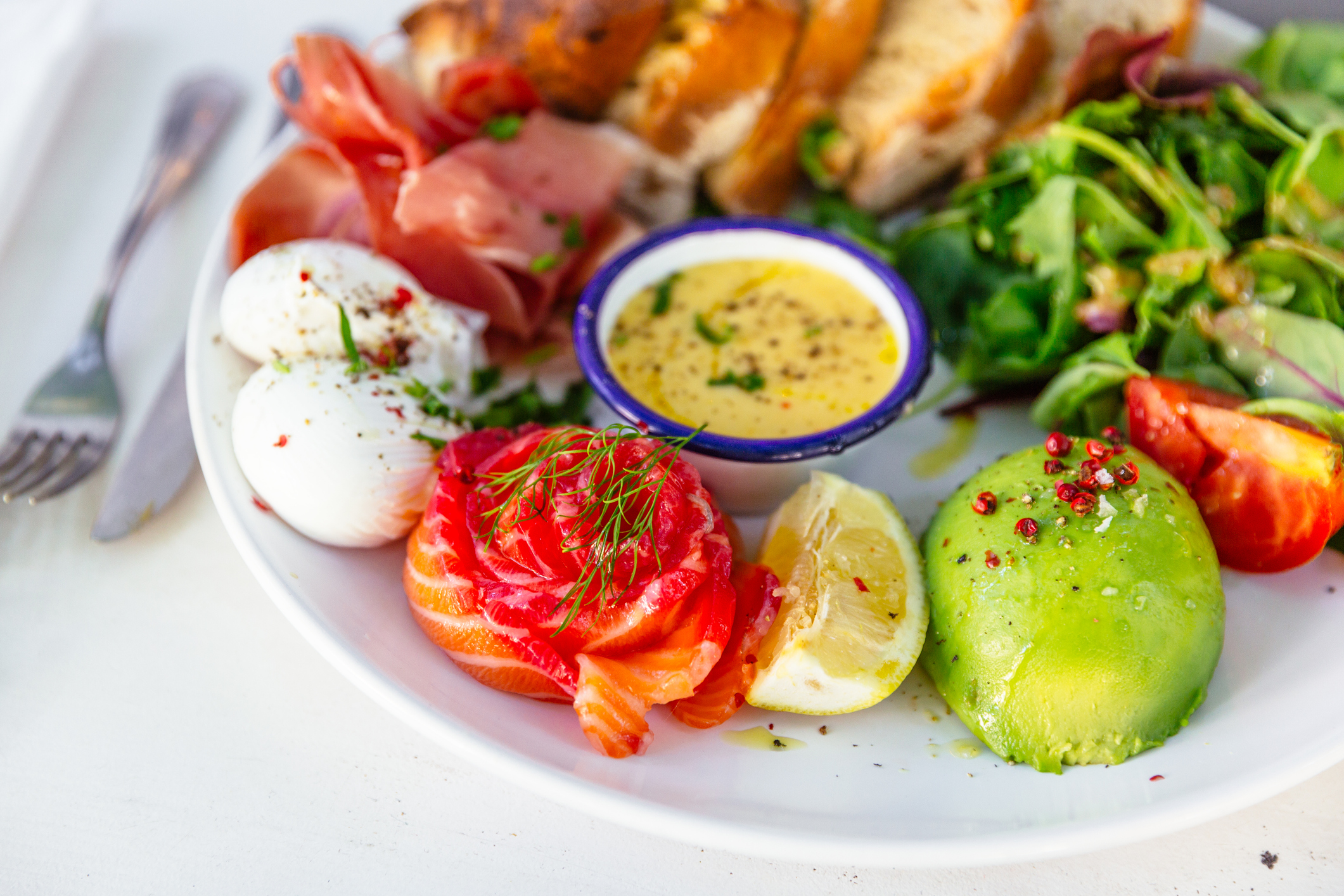
Carb intake between 20-90 grams per day has been shown effective in improving blood sugar levels. Every individual has different carb limits, it depends on your personal tolerance. One should test blood sugar before and after eating to find their personal carb limit. Counting carbohydrates can help you match your activity level and medicines to the food you eat. Try to eat about the same amount of carbs at each meal to keep your blood sugar levels steady throughout the day.
A complex carbohydrate is recommended while simple carbohydrates are strictly restricted for a diabetic person.
Simple carbohydrate include-
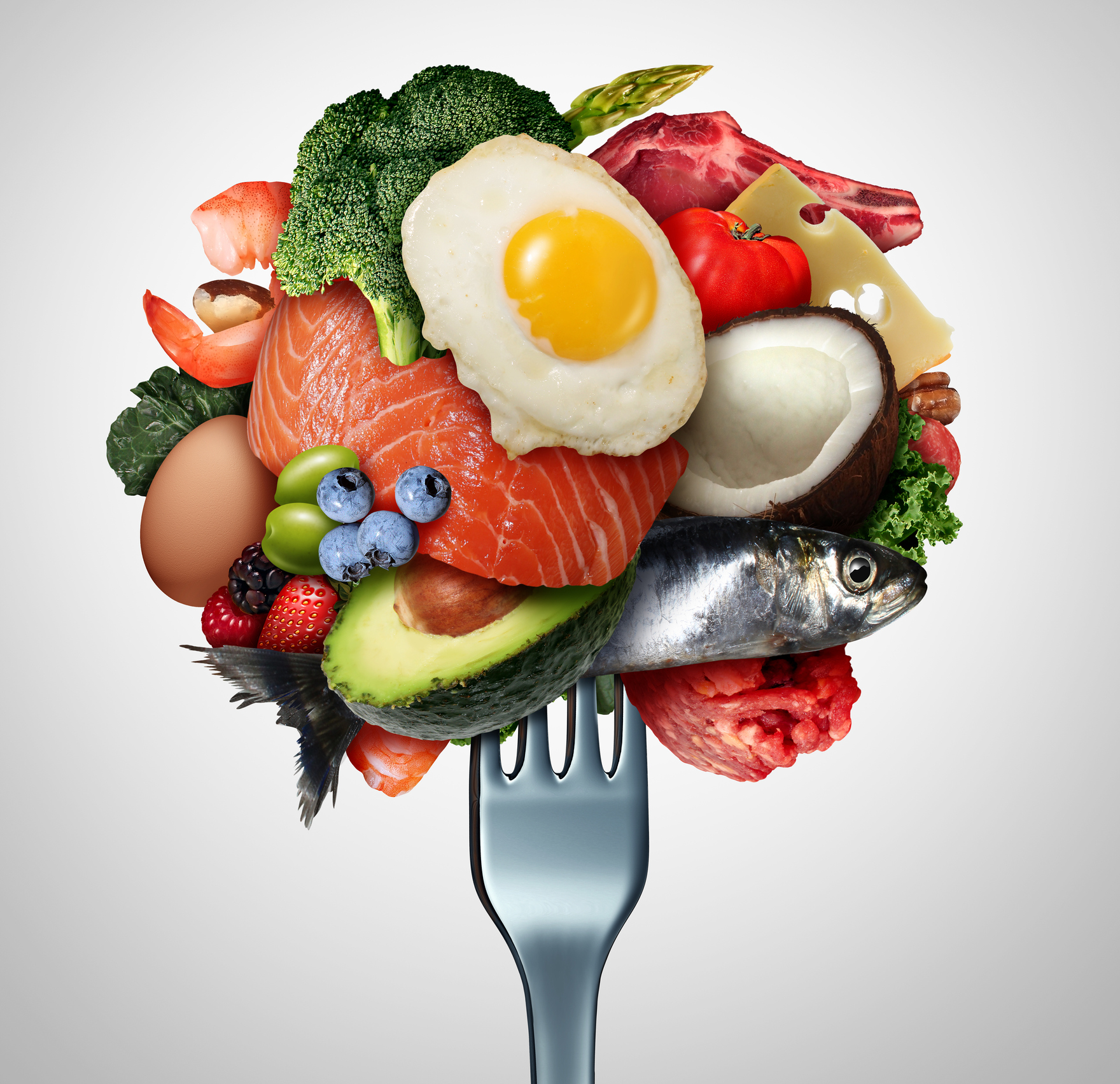
- Sugar
- Honey
- Jaggery
- Sweets
- Chocolates
- Muffins
- Fruit juice
- Carbonated beverages
- White rice
- White bread
- Maida (white flour)
- Sabudana or tapioca
- Packaged foods
- Canned foods
Complex carbohydrates are fiber-rich i.e. –
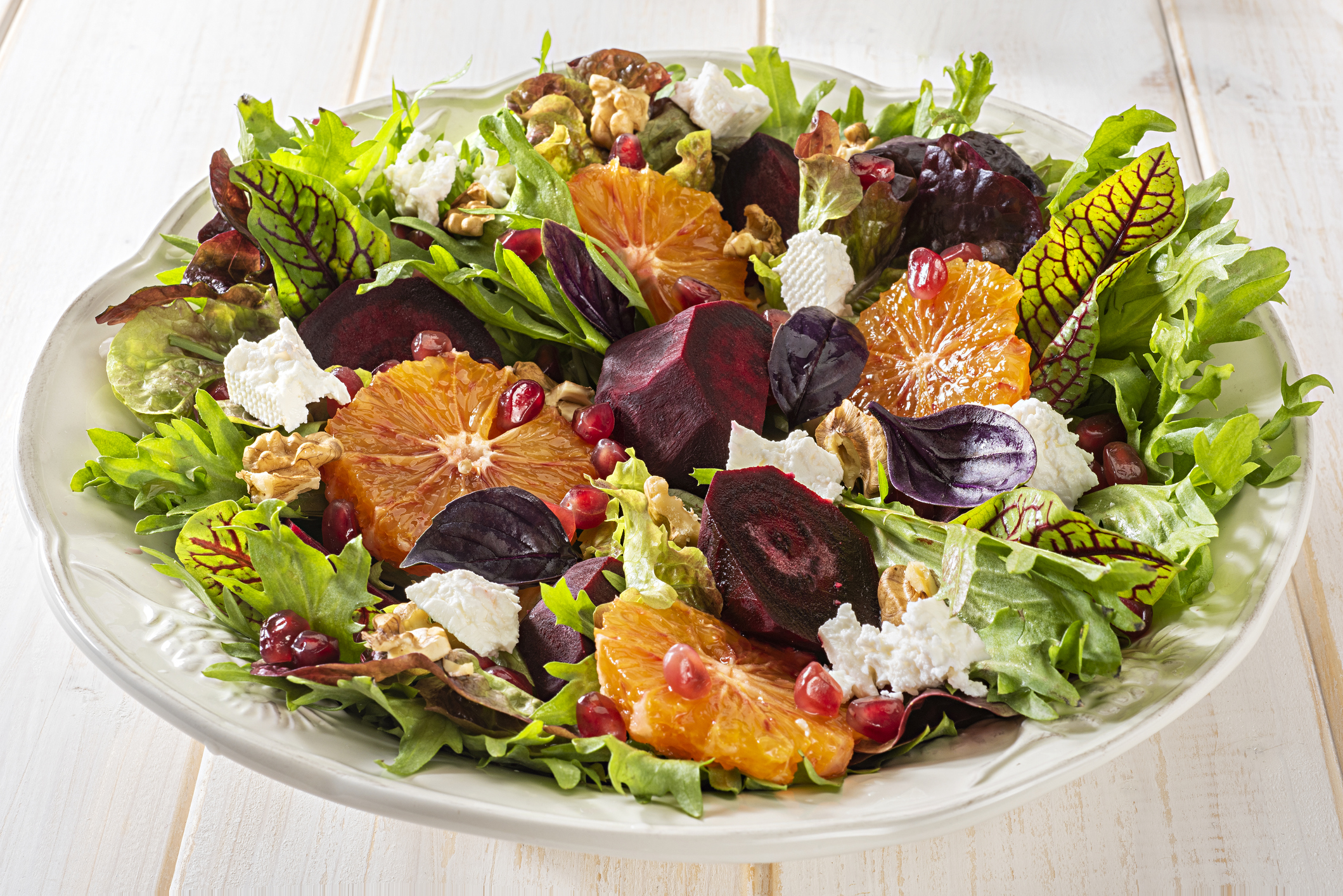
- Wheat
- Fruits with skin and pulp
- Brown rice with vegetables
- Salads
- Baked sweet potato
- Whole wheat bread
- Wheat noodles
- Wheat pasta, etc
Some foods to curb sugar spikes in blood and improve insulin resistance –
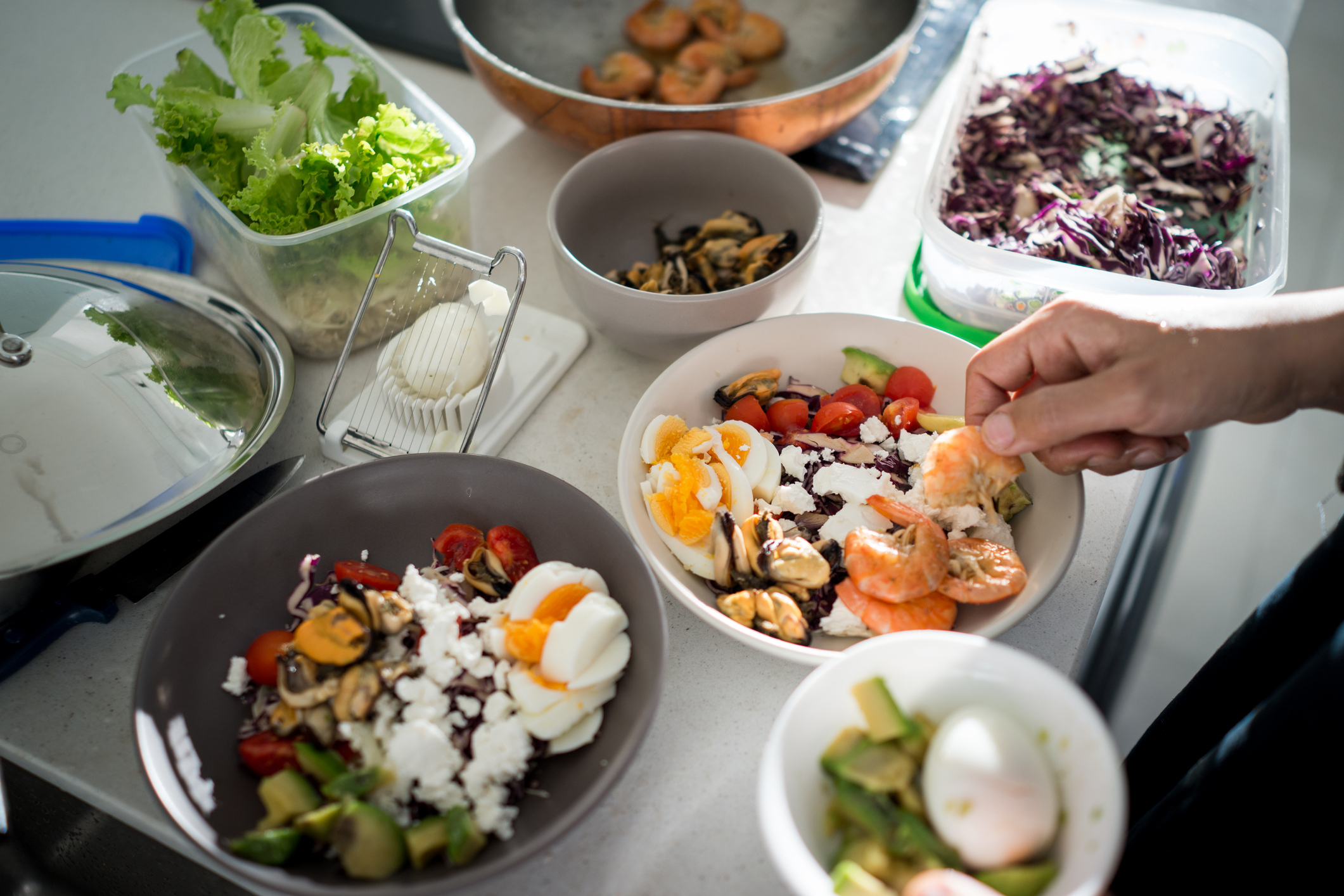
- Brown rice
- Buckwheat
- Oats
- Millet
- Quinoa
- Barley
- Cinnamon
For Further information contact - divya.gupta18593@gmail.com
